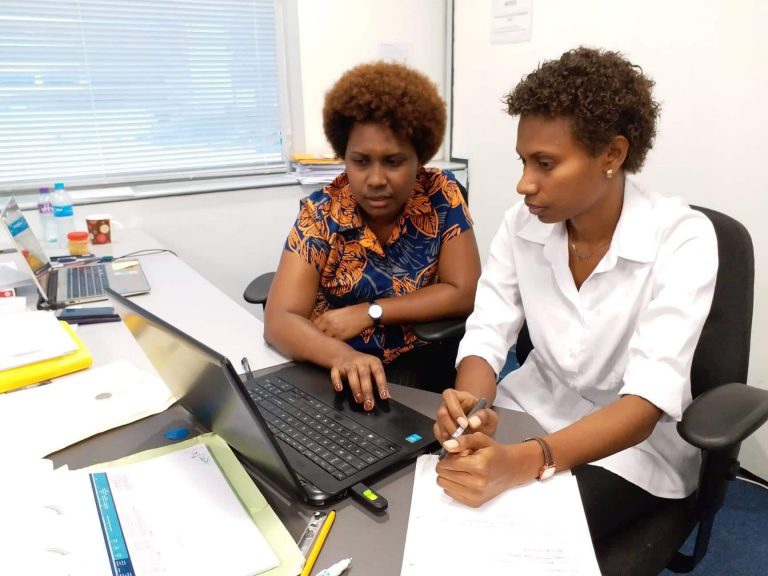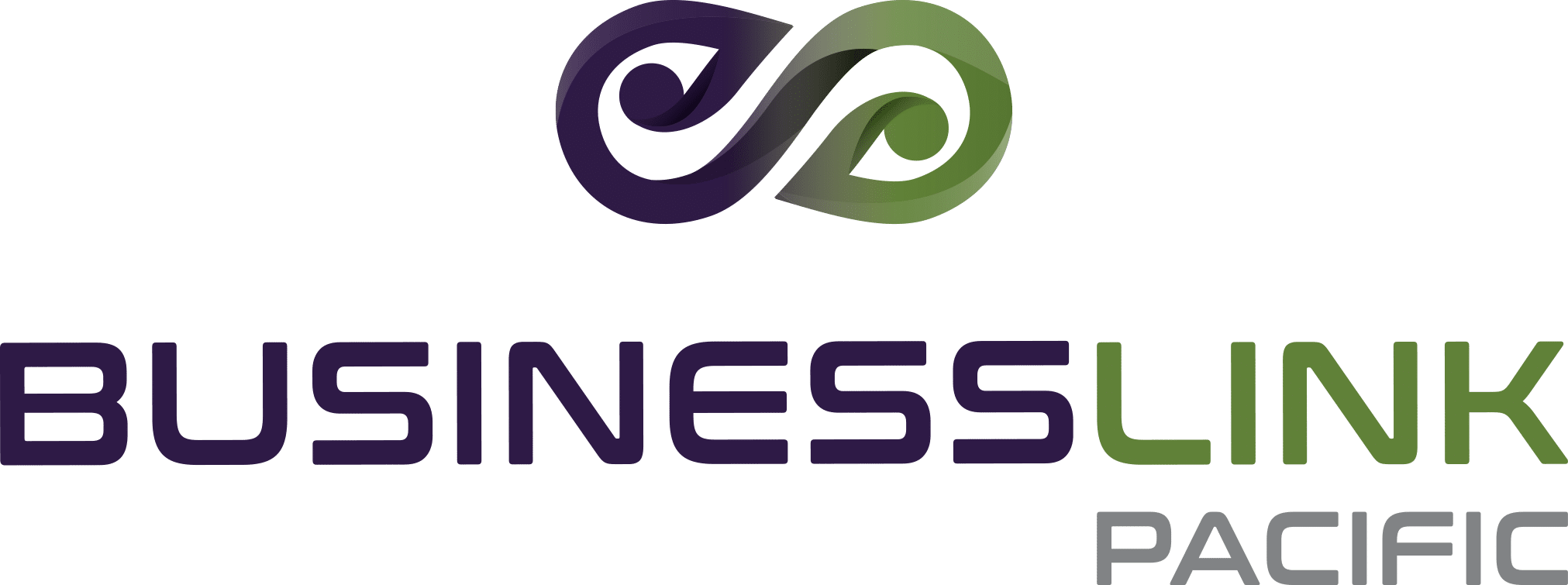BLP’s Approach to GESI
Gender equality and social inclusion are critical drivers for achieving sustainable development. Not only is gender equality a human right, and required by law, but research has shown that empowering women and marginalized groups yields a high return on investment; not only in terms of labour productivity but also for the overall economy since it widens the base of taxpayers and economic participation. A McKinsey Global Institute report found that “if women participate in the economy identically to men, […] it would add up to $28 trillion, or 26 per cent, of annual global GDP in 2025.” In other words, working women, youth and other marginalized groups grow the economy which is good for everyone.

In spite of this reality, exclusion and discrimination occur throughout the world, and in the Pacific. Women are often excluded from leadership and decision-making positions, they earn less than their male counterparts for the same jobs, they experience higher levels of abuse and sexual harassment (both at home and in the workplace) which impacts their ability to contribute and perform, and they have greater responsibilities at home due most often to cultural and traditional practices and expectations placed on them. These barriers are some of the challenges excluded groups face when trying to participate in the economy as producers, entrepreneurs and even large business owners. And, it is these types of barriers, through mainstreaming GESI and establishing partnerships, that BLP is working to address.
BLP’s Partnership Framework
For BLP, partnerships are essential for addressing some of the critical issues which are outside the core competencies of the program. In each of the six countries, BLP seeks to enter into partnerships that promote GESI and fulfil the following:
- Provide a Pipeline: These are partnerships with organizations that are currently working with women, youth-led, or other marginalized individual led businesses who could benefit from Business Advisory Services through support from BLP.
- Receive Referrals: These are partnerships with organizations that offer services (such as training, support, mentorship, counselling, etc.) to individuals and organizations focusing on issues related to gender-based violence, harassment, leadership, childcare, outreach, etc. These partnerships will make these services available to BLP’s existing Business Advisory Support Providers (BASPs) and the SMEs with whom they work.
- Provide Advice: These are partnerships with organizations that have subject matter expertise in gender equality and social inclusion. These partnerships ensure BLP seeks advice and support to respond to situations beyond the scope of its purview.
See the list below for the GESI partnerships BLP has established. We are continuously developing new GESI partnerships, our commitment is to have GESI partners in each country we operate.
[2] McKinsey Global Institute. (2015). “The Power of Parity: How Advancing Women’s Equality Can add $12 Trillion to Global Growth.” McKinsey and Company.
